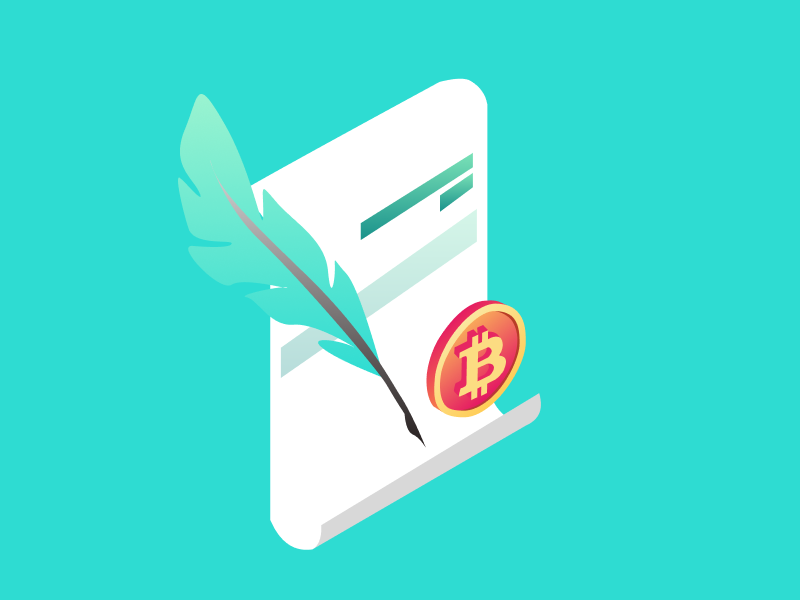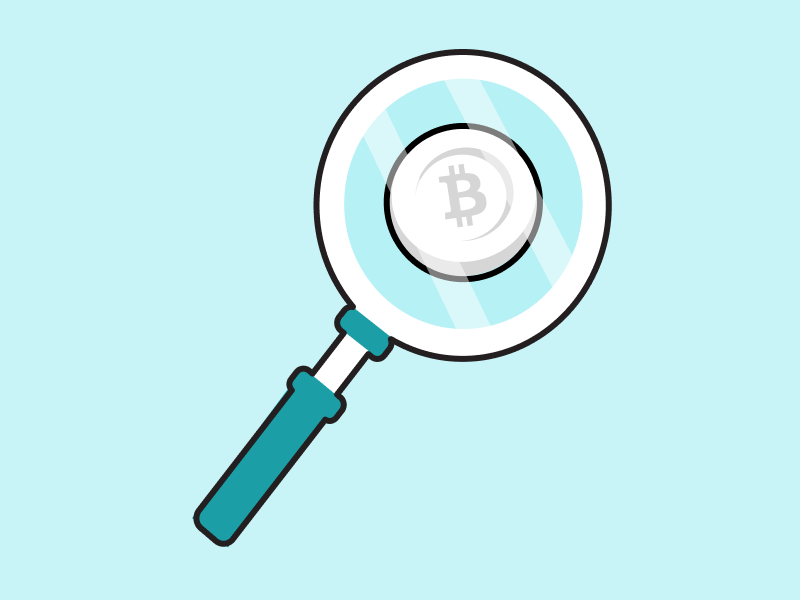El Salvador Bitcoin Bonds: Definition and How it Works

El Salvador, the first country that legalizes Bitcoin as a legal tender, plans to issue bitcoin bonds to fund various infrastructure projects. How is the Bitcoin bond different from a traditional bond, and how does it work? Read more in this article.
Summary Article
- 💰 El Salvador will issue $1 billion worth of bonds on the Liquid Network Blockstream, a sidechain of Bitcoin. The bond process will be split into two i.e. $500 million in bitcoin and the remainder to build energy and bitcoin mining infrastructure in the region.
- 💵 Bitcoin bonds work in the same way as regular bonds, but they are built on the blockchain. Bonds are normally funded using fiat money. Bitcoin bonds can be funded both with fiat and cryptocurrency.
What is a Financial Bond?
Before we discuss further about Bitcoin bonds, we must first know what bonds are and how they work. Bonds are a type of investment where you lend money to a government or company for a certain period. Bonds are usually issued by the government or companies to facilitate business development or development. In return, the government or company promises to pay a certain amount of money in the future, sometimes twice a year.
The last major payment occurs when the bond is “maturity.” This refers to when the bond reaches its deadline. This final payment combines the original loan and other smaller periodic payments, known as coupons.
Bonds are investments that tend to be less risky than other investments such as stocks, especially if issued by the government.
Bitcoin (BTC) bonds function similarly, except that they are built on blockchain. Moreover, while people fund regular bonds with fiat money, bitcoin bonds are funded using fiat and crypto.
How do El Salvador Bitcoin Bonds work?
The government usually sells bonds to financial institutions such as banks, pension funds, insurance companies, and others. Sometimes individual investors can buy them, through a broker.
El Salvador’s bitcoin bonds, or EBB1, will be structured in a way that targets traditional institutional investors as well as ordinary people. It deliberately targets small investors.
Of the $1 billion El Salvador raised, $500 million was used to build energy and bitcoin mining infrastructure and $500 million to buy more bitcoins. This purchased Bitcoin will be stored in cold storage in the country.
Bondholders will get a 6.5% coupon with a 10-year deadline. They will also get a “special dividend” after El Salvador liquidates its bitcoin holdings every three months. The state can use the profits from the sale to pay off the bonds. This comes after an initial five-year lockdown period when no sales took place. “Special dividend” is paid in advance and over the 6.5% coupon. However, it depends on the price of BTC at the time of sale.
El Salvador currently pays a 13% coupon on conventional dollar bonds.
Bitcoin Bonds using Sidechain
These bitcoin bonds will be issued on the Liquid network as security tokens, and raise capital to build El Salvador’s infrastructure.
To facilitate all these bitcoin bonds, El Salvador uses a bitcoin sidechain namely Blockstream’s Liquid Network. A sidechain is an independent blockchain that runs parallel to other blockchains, allowing tokens from that blockchain to be used securely on the sidechain while complying with a different set of rules, performance requirements, and security mechanisms.
Also read: What is Defi in Bitcoin?
Bitcoin Bond Criticisms and Constraints
For many, bitcoin bonds are El Salvador’s way of moving away from traditional sovereign debt market moves, but others see it as a way for crypto assets to move into mainstream global financing.
Based on a statement by El Salvador’s Finance Minister, Alejandro Zelaya said that there is currently a demand of up to $1.5 billion for bitcoin bonds. El Salvador recently experienced a credit rating downgrade from B- to CCC, citing bitcoin’s use as legal tender as a barrier to a possible $1.3 billion financing package from the IMF.
Latest updates on El Salvador Bitcoin Bonds
- In November 2021, President Nayib Bukele announced plans to build a “Bitcoin City” funded by the sale of bonds, which have an annual coupon of 6.5%. Half of the funds will be used to accumulate bitcoin (BTC), with the remainder allocated for infrastructure and bitcoin mining powered by geothermal energy.
- The sale of bitcoin bonds was supposed to be scheduled between March 15 and March 20, 2022. However, due to the war between Ukraine and Russia, the government of El Salvador decided to postpone the issuance and wait for more favorable market conditions, said El Salvador Finance Minister Alejandro Zelaya on March 22, 2022 .
Reference
- Stephan Livera, Bitcoin Bonds for Bitcoin City Breakdown and Liquid, accessed on 15 March 2022
- Jeffrey Gogo, Reinventing The Bond Market — Bitcoin Bonds and How They Work, Beincrypto, accessed on 15 March 2022
- Namcios, El Salvador to Issue Bitcoin Bond on the Liquid Bitcoin Sidechain, Bitcoin Magazine, accessed on 15 March 2022
- Andres Engler, El Salvador’s Bitcoin Bond Issuance Apparently Delayed, CoinDesk, accessed on 15 March 2022
- Nelson Wang, El Salvador Postpones Bitcoin Bond: Report, CoinDesk, diakses pada 29 Maret 2022
Share
Related Article
See Assets in This Article
BTC Price (24 Hours)
Market Capitalization
-
Global Volume (24 Hours)
-
Circulating Supply
-


